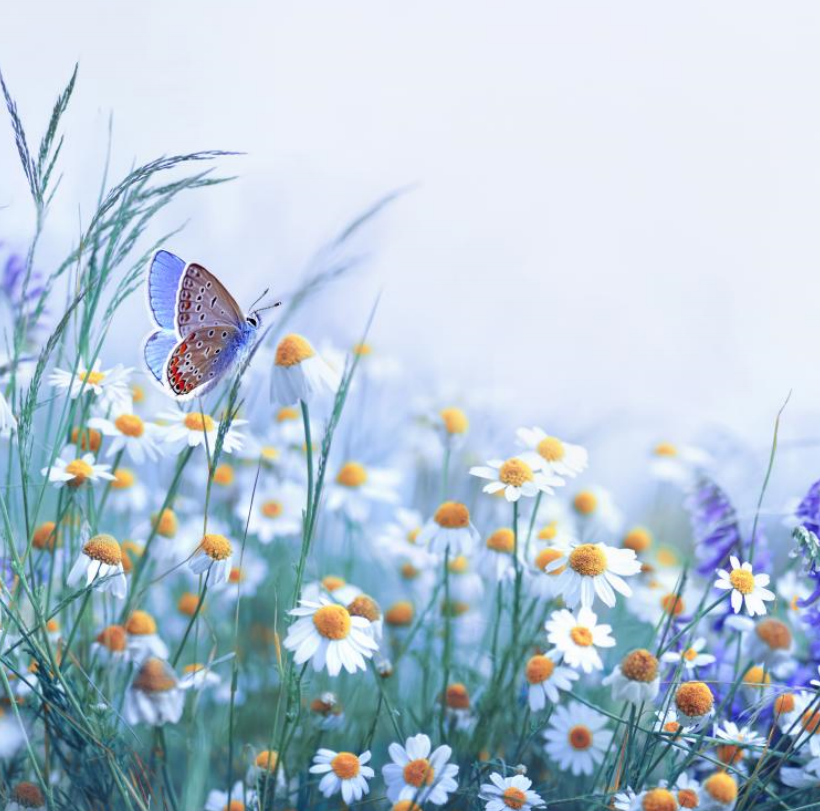
Society is now on the cusp of a new understanding as we gradually comprehend that mankind is intrinsically joined to the Natural World and there is no separation between us and all of life. Through the Internet we learn of new scientific discoveries and of Climate Change whilst world famous photographers who specialize in filming nature, wilderness, wildlife and landscape bring us spectacular documentaries of our Natural World – one such being the BBC’s ground-breaking “Blue Planet” with Sir David Attenborough which has helped to open our collective eyes to the awesome grandeur of our Planet Earth and the realization that our fragile Natural World is pivotal not only for our physical survival but essentially for inspiring mankind to the morality of higher ideals concerning our Spiritual, emotional and mental wellbeing.
Sir David Attenborough – born 8th May 1926 – Much loved English broadcaster, biologist, natural historian, author.
“It seems to me that the Natural World is the greatest source of excitement; the greatest source of visual beauty; the greatest source of intellectual interest. It is the greatest source of so much in life that makes life worth living.”
“People must feel that the Natural World is important and valuable and beautiful and wonderful and an amazing pleasure…. It is the most precious thing we have and we need to defend it.”
“The World is full of wonders, but they become more wonderful, not less wonderful, when science looks at them.”
“Being in touch with the Natural World is crucial.”
“The fundamental issue is the moral issue.”
“The whole of life is coming to terms with yourself and the Natural World. Why are we here? How do you fit in? What’s it all about?”
Sir David Attenborough in conversation with President Barak Obama in the White House – 10th July 2015
The President asks: “How did you get interested in Nature and wanting to record it? When you think back, what is it that led you to such a deep fascination with how the Natural World works?”
Attenborough replies: “I’ve never met a child who is not interested in Natural History. The simplest thing – a five-year-old child turning over a stone and seeing a slug says, “What a treasure!” – Kids love it! Kids understand the Natural World and are fascinated by it! So, the question is: How did you lose it? How did anyone lose their interest in Nature. AND I CERTAINLY NEVER DID. If you do lose it, you’ve lost a treasure: there are lots of other attractions that can divert your attention.”
Peg. L. Smith – former CEO of the American Camping Association:
“For generations, children grew up outside. They walked to school, rode their bikes, and walked barefoot through the grass. Childhood was characterised by Innocence, Imagination, Wonder and Laughter…. When nature and play go hand-in-hand, they have a profound impact on the health and development of children on the road to adulthood.”
Maria Montessori – 1870 – 1952 – Italian physician and educator – best known for the philosophy of education that bears her name and her writing on scientific pedagogy.
“When children come into contact with Nature they reveal their strength.”
Jean-Jacque Rousseau – 1712 – 1778 – Swiss philosopher, writer and composer. His political philosophy influenced the progress of the Enlightenment throughout Europe and the development of modern political economic and educational thought. He believed that man is naturally good; argued that people were equal and all titles of rank and nobility should be banished:
“Nature never deceives us; it is we who deceived ourselves.”
“Nature wants children to be children before men… Childhood has its own seeing, thinking and feeling.”
“It is in man’s heart that the life of Nature’s spectacle exists; to see it, one must feel it.”
